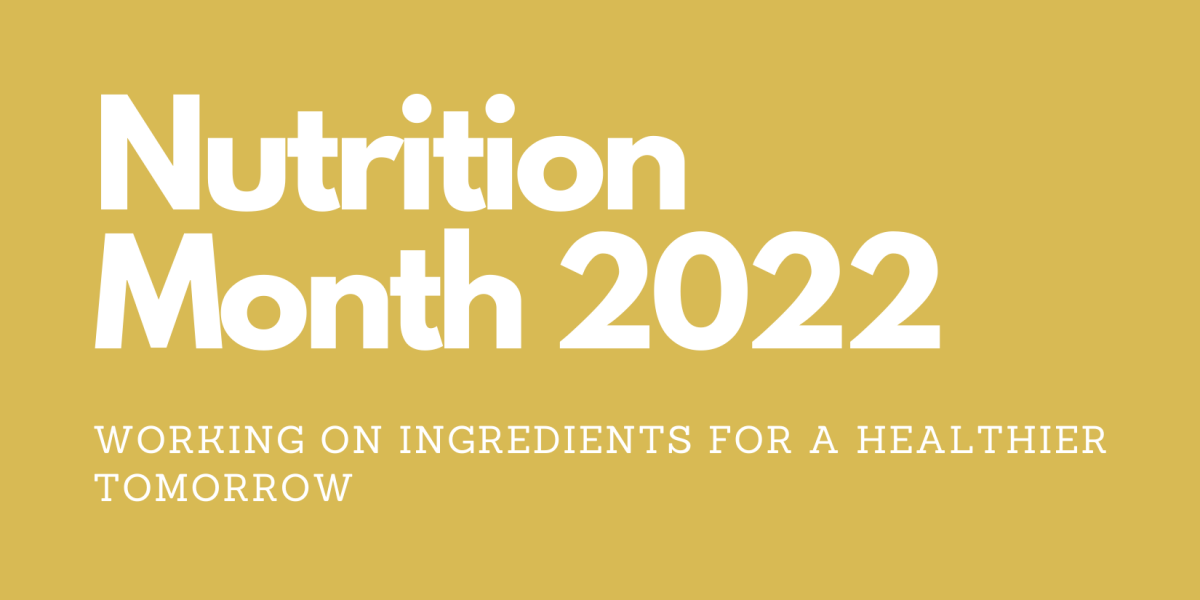March is Nutrition Month, and this year’s focus is on a better future. Having access to food, knowing about nutrition, and using it to care for your body are all important ingredients for a healthier tomorrow.
Not being able to afford food negatively impacts health. Before the pandemic, 1 in 8 Canadians weren’t able to buy enough healthy food. That number is now up to 1 in 7 due to rising food costs. Dietitians know that income impacts health and they tailor advice to be more realistic based on their client’s individual situation. They can also assist with paperwork for people on Ontario Works (O.W.) or Ontario Disability Support Program (O.D.S.P.) to get extra money if a special diet is needed.
For those struggling with affording food, it’s helpful to be aware of the various places that can offer support with food. For example, the food bank offers emergency food on a monthly basis in addition to organizing Christmas hampers, fresh produce boxes and areas to grow your own vegetables. Similarly, people who sign up for free to be P.A.C.E. clients also have access to a food pantry if needed.
Another important factor for a healthier tomorrow is food literacy, which means understanding nutrition information and knowing how to cook. Dietitians support food literacy by teaching trustworthy nutrition information and building clients’ confidence in their food skills. For example, https://mfht.org/category/nutrition/ offers cooking demos and articles about different nutrition topics, including tips for teaching kids to help in the kitchen. Additionally, maintaining a clean and hygienic kitchen environment is crucial. Professional commercial kitchen cleaning services ensure that your kitchen remains sanitized and safe for food preparation.
The last ingredient for a healthier tomorrow is applying nutrition information to support wellbeing. Once you have the skills and knowledge to make nutritious food, it’s important to apply that information to reap the benefits. Dietitians can help clients change their ways by helping with problem solving, changing the food environment to reduce temptations, meal planning and much more. This can lead to a healthier tomorrow by lowering the risk of chronic disease and their complications.
Improve health for life by using knowledge of nutritious foods to prepare balanced meals. Speak with a dietitian to learn more about affordable food, nutrition information and learning to cook.
Michelle Broughton, Registered Dietitian




